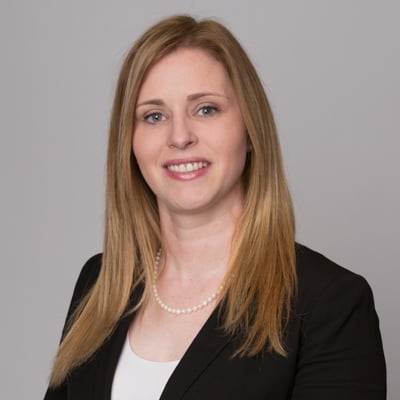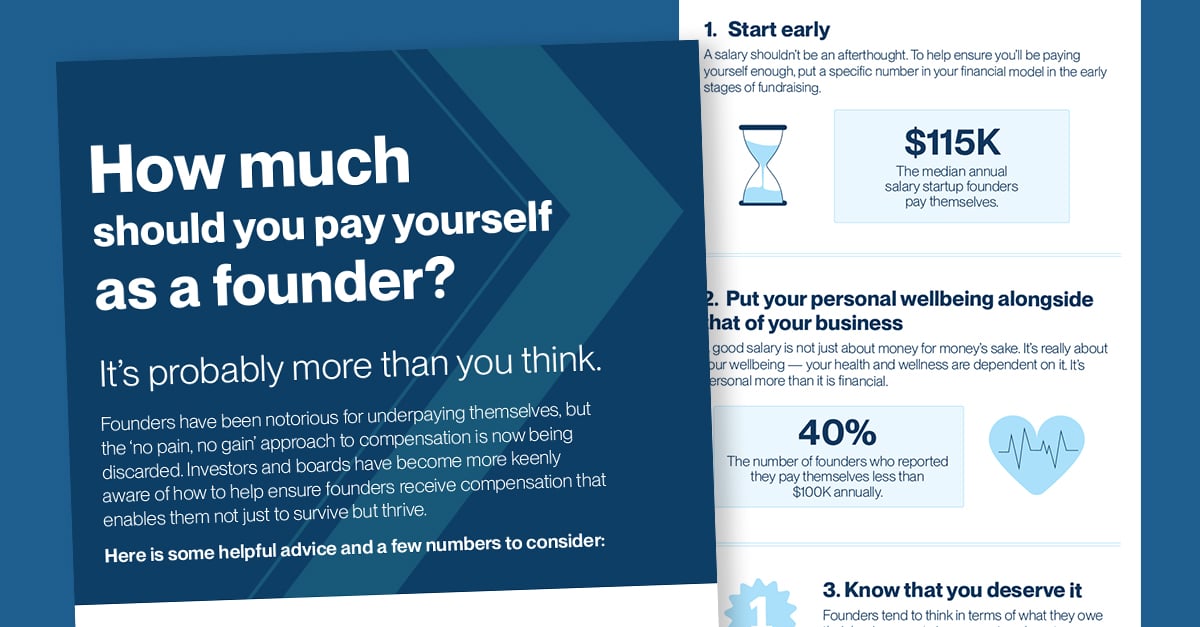Key takeaways
-
The QSBS exclusion is one of the most powerful methods used by founders to reduce their tax burden and may also be available when a company is acquired before the shares have been held for 5 years.
-
Those who own qualified small business stock (QSBS) and meet all the QSBS requirements may be eligible to exclude gains from federal tax of the greater of $10 million or10 times the adjusted cost basis when they sell the shares.
-
In addition, founders may take advantage of the opportunity QSBS offers to scale up tax benefits across multiple taxpayers using stacking strategies.
Podcast transcript
Ann: Welcome back to "Business Meets Personal Wealth." Today we'll be talking about what to do if you're getting acquired before your shares have met the five-year QSBS eligibility rule. An important topic for founders who are nearing acquisition.
For those of you that don't know the basics of QSBS, we have an article on our Insights page that you can go read called "Understanding qualified small business stock & the capital gains exemption." I'm Ann Lucchesi with SVB, and I get to answer questions like this every day as I advise founders through their wealth journeys.
Today, I've got my colleague, Danielle Greene with me. Danielle, can you share what you do for our clients here at SVB Private as a managing director of our wealth and fiduciary services?
Danielle: Sure thing. And first, I want to thank you for having me here today, and I'm really excited to be part of this conversation. So, I work with clients using a holistic approach to their overall wealth and financial picture, and I help them achieve their goals by identifying estate tax and wealth preservation strategies.
Ann: I love kind of just talking and picking your brain about these complex things that our clients deal with, and I really wanted to start on QSBS with you just giving a really brief overview if you could, I know it's a complex rule, but high level, why is it important to our founders out there?
Danielle: Sure. So, QSBS is a qualified small business shares that meet certain Internal Revenue Code guidelines. And as you said, it's very, very complex and it's sometimes called a 1202 stock because that's the associated section in the Internal Revenue Code. So, those who own QSBS and meet all of the rules, they may be eligible to exclude the greater of, which is very rare in the Internal Revenue Code, the greater of $10 million and 10 times the adjusted cost basis when you sell the shares. So, that's a really huge tax benefit. And since founding, investing in, and working for startups and small businesses is by nature risky, rules were created to motivate people to take that risk. So, this is critical to founders since it may take some planning to be able to qualify for this great tax benefit.
Ann: Yeah. I always tell them it's like the number one way I can help them save taxes is QSBS, right? And so, I love that kind of the high level you gave. What I really wanted to kind of focus in on now is what happens for these founders and shareholders that have met the metrics on qualified small business stock except they're about to get acquired and they haven't met that five-year holding period? There's a lot of different kind of moving parts because there's lots of different types of acquisitions. Let's start with the idea of a cash acquisition. Are there any options available for equity holders in this scenario or do they just have to accept that they're going to end up with long-term capital gains instead?
Danielle: Right. No. The good news is that there is opportunity here under 1045 of the Internal Revenue Code. So, what they can do is they can roll over gains from the sale of qualifying QSBS into QSBS in another company. There are of course, rules and timelines that are important to take into account here. I think it's important to highlight them here is that the QSBS must be held for more than six months at the time of disposition, and the rollover must occur within 60 days.
Ann: Yeah. And 60 days is a really short time period. So, there are some things around that I often have founders ask me, and maybe you could opine just momentarily, but the big one being, "I have another idea for a startup. Can I start a company and roll those shares into it? And if I do, does it have to be up and running right away?"
Danielle: There is some flexibility around that scenario, but ultimately, yes, if they have a business that's up and running, they can roll that over and just make sure that they tick off all the other requirements.
Ann: Wow. So, this sounds like a big opportunity. So, let's kind of pivot now to a second scenario that I've seen come up and that can be really meaningful, which is big publicly traded company comes in and offers to buy them. Is there any way to claim QSBS in this scenario?
Danielle: So, if your QSBS stock is acquired in a stock transaction in the scenario you said, by a big publicly held company, which is not QSBS, the stock you receive will maintain the same holding period, which is important, and the QSBS treatment, but only up to the price of the exchange. So, you can claim the QSBS exclusion up to the fair market value on the date of acquisition, but any future appreciation would be regular capital gains.
Ann: Right. So, if I understand you correctly, right? As long as they continue to hold it through...hold those publicly traded shares until they've met the five-year, they can take that QSBS qualification up to the point of the acquisition date. I also tell them to think about when they're doing this, is you have to get comfortable that you're going to hold another company's stock as well, right? Because there's risk in that. So, something for them to think about. Okay, let's look at kind of what I think of was the final scenario. There's probably all sorts of variations out there in the world, but in the final scenario, what if it's another small company that is a QSBS-eligible company acquiring shares for shares, how does this work?
Danielle: So, in this case, it's similar to the prior example where it retains the holding period, it retains the QSBS status, but you can also accumulate more QSBS in the process since the acquiring company is QSBS eligible. So...
Ann: Perfect. So, that's almost an ideal scenario except for the fact it isn't liquid, they get to continue to hold and can grow that. And then just as a final kind of note since I know this is the world you live in, is there's also an opportunity for individuals to think about what we call stacking within the world of QSBS, right? I'm sure that you must work with individuals who do that. Can you give just a high-level view of what that looks like?
Danielle: Sure. So, that $10 million exemption is by the taxpayer. So, if you want to create trusts for children, say you have 3 children, you want to create 3 trusts, there would be $40 million of exemption, one 10 million for yourself and 3 for the trusts you establish for your children. So, that could be up to $40 million or 10 times the, you know, the basis there.
Ann: Wow. That's a pretty meaningful impact. I really appreciate all the great advice that you gave today. Thank you so much for joining me, Danielle.
Danielle: Thank you so much.
Ann: We've covered a lot in under 10 minutes. Thanks to the founders and entrepreneurs who have joined us for this conversation. Our goal with this podcast is to answer the questions innovation economy leaders are facing in 10 minutes or less. If you liked what you heard, go ahead and give us 5 stars and subscribe to the "SVB Private Perspectives" podcast wherever you listen to your podcasts to get notified when new episodes are published. Thanks again for joining. We'll see you here next time on "Business Meets Personal Wealth."
















